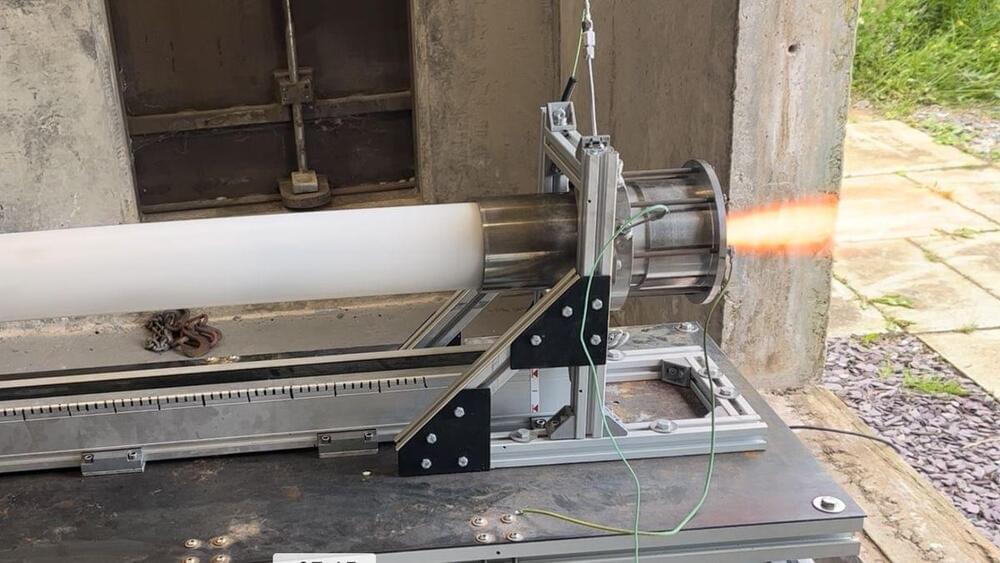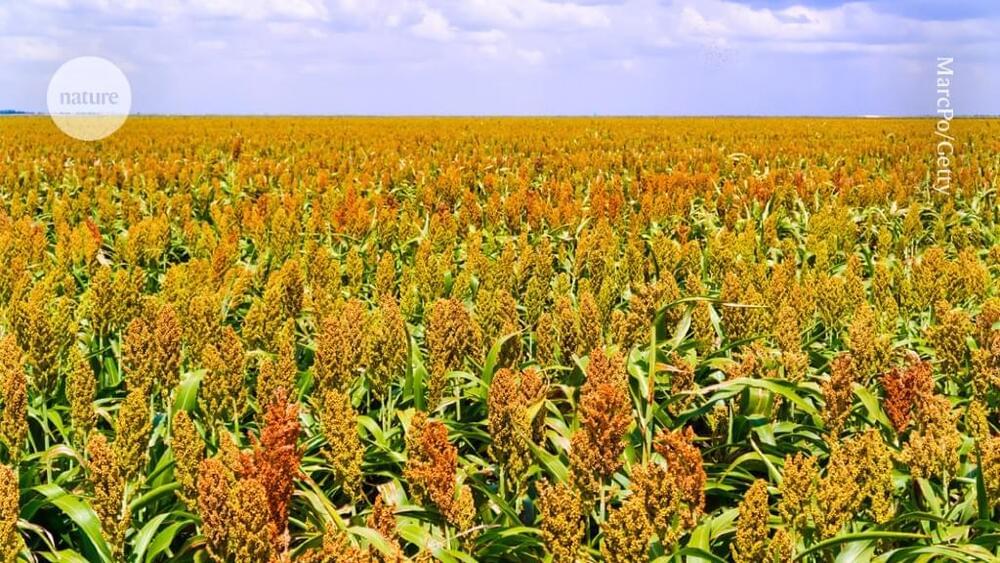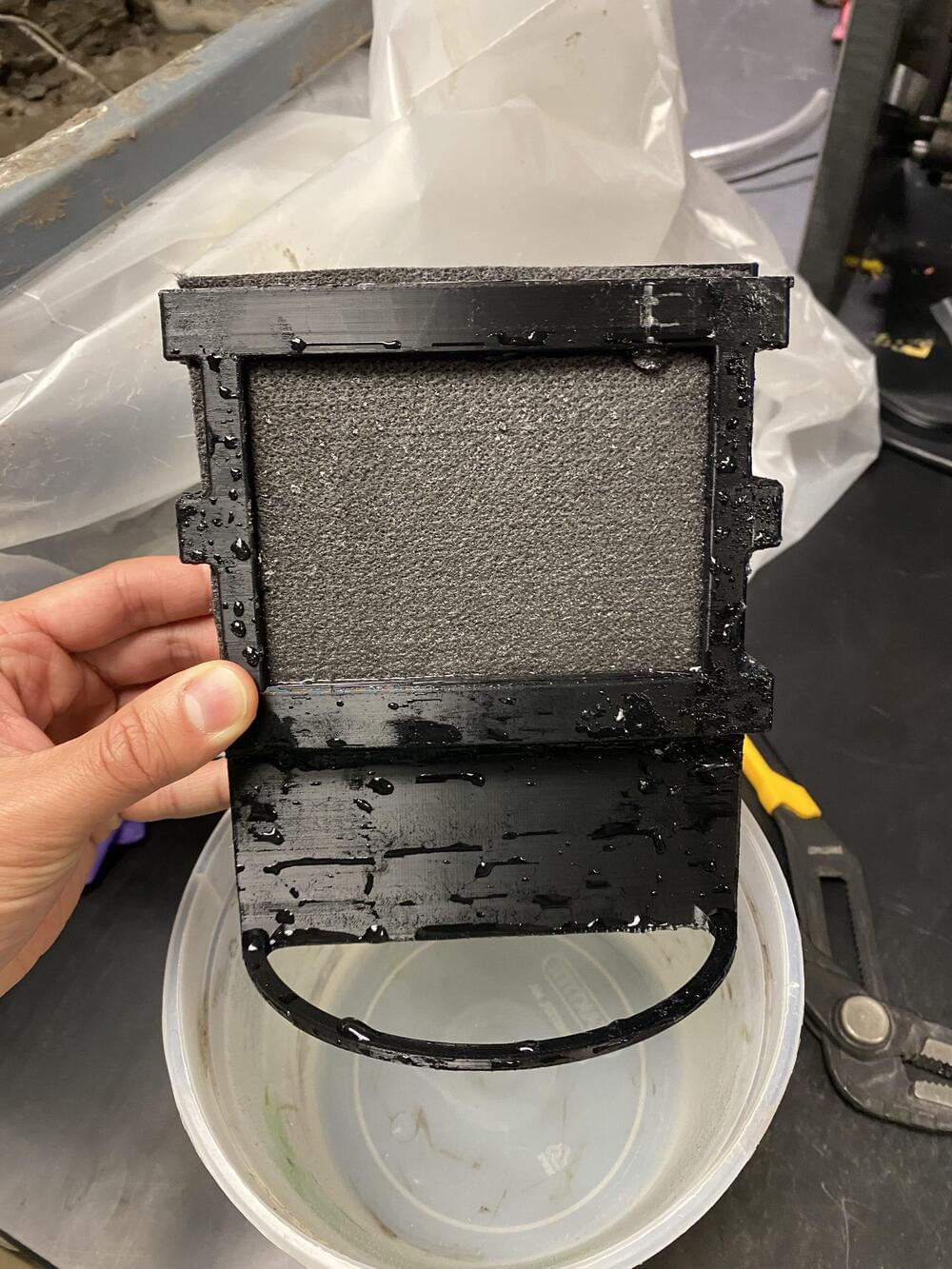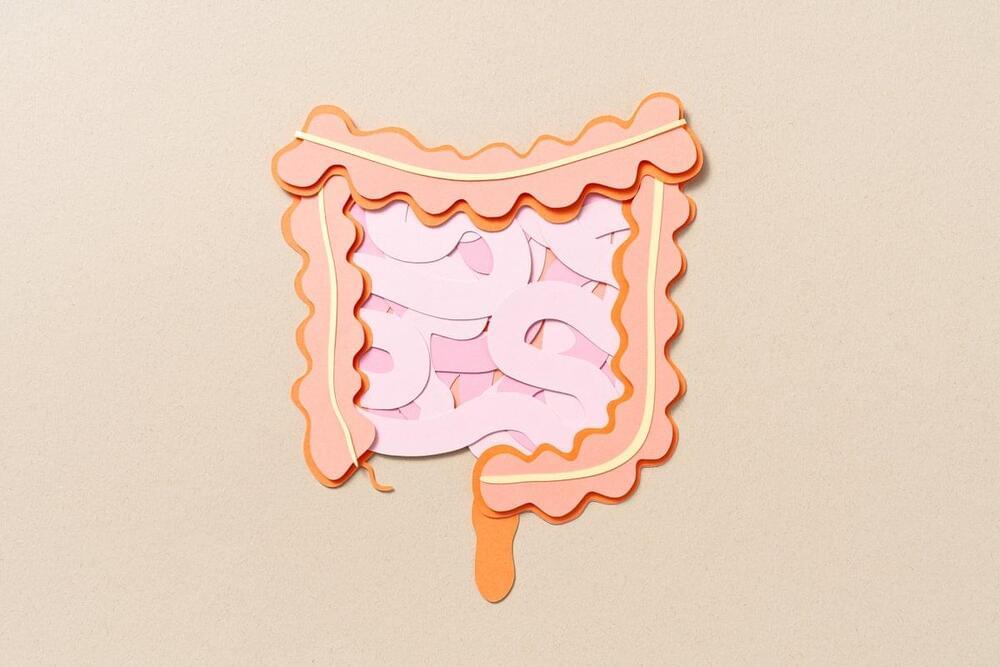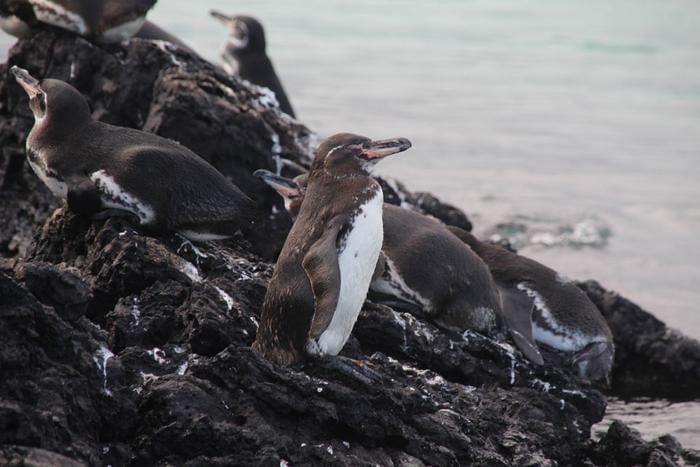
“The model predictions highlight the accumulation behavior and residence time of microplastics in the gut,” said Karly McMullen.
How do microplastics impact marine ecosystems? This is what a recent study published in PLoS One hopes to address as a team of researchers from Canada and Ecuador used models to investigate how microplastics impacted the food webs of Galápagos penguin colonies that reside on the human-populated Santa Cruz Island. Their goal was to ascertain how these models could impact Galápagos species around the world, specifically the Galápagos Islands off the coast of Ecuador, and holds the potential to help researchers, conservationists, and the public better understand the role of microplastics in ocean pollution.
For the study, the researchers examined the diet of the Galápagos penguin that is comprised of anchovy, salema, herring, sardine, and barracuda, and used a series of models to estimate how much the accumulation of microplastics within this prey and how much microplastics ended up in the penguins’ guts. In the end, the models predicted a stark rise in both the penguins and their prey, but specifically the penguins demonstrating the largest amount of microplastics per biomass.
Continue reading “Galápagos Islands Face Growing Concerns Over Microplastic Impact on Wildlife” »
